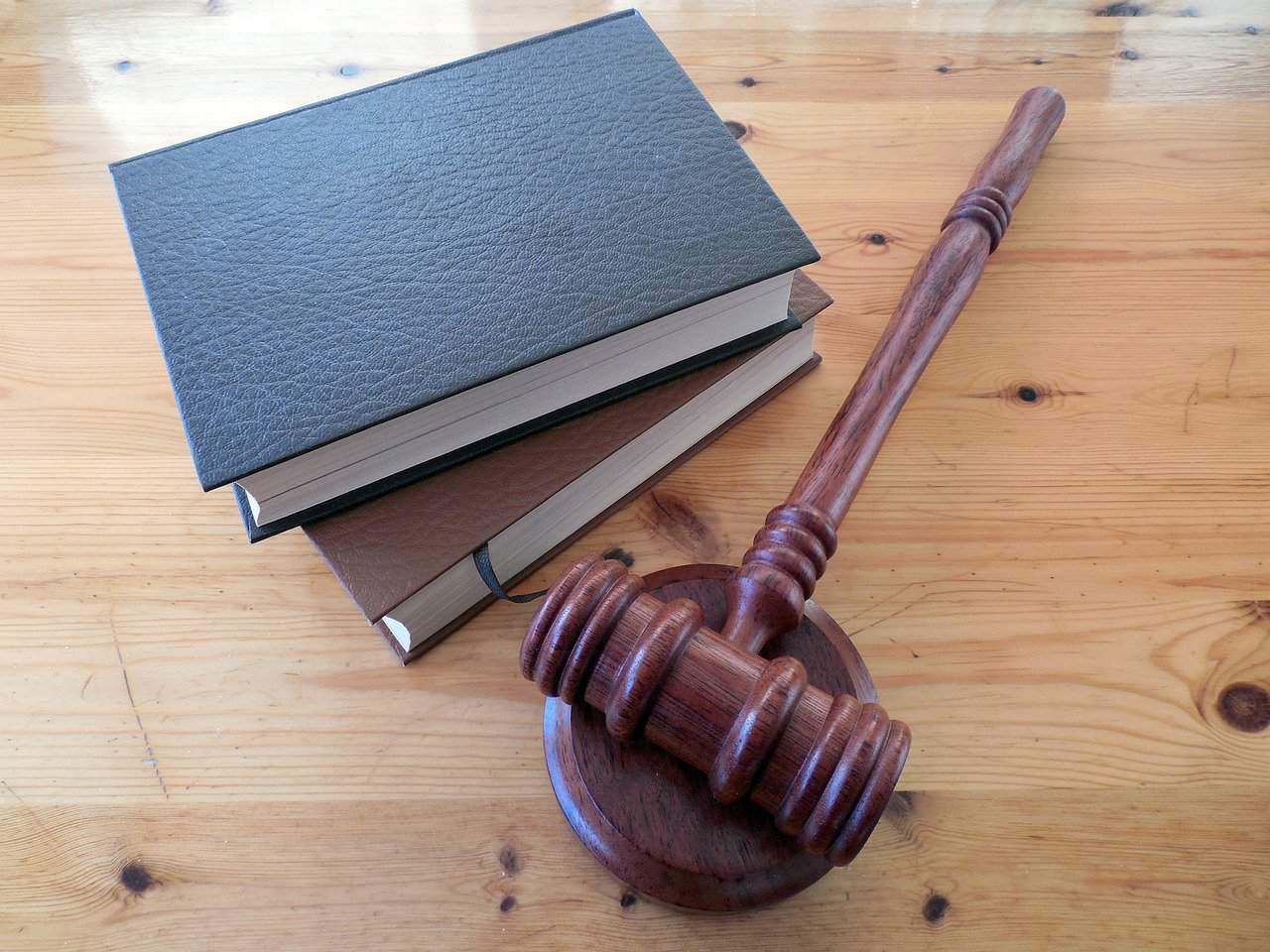
In a previous blog post, we discussed in detail how bail bonds work in Volusia County, Florida; but now we want to dive more into detail to answer the broader question for those who live anywhere within the US: What are bail bonds and how do they work?
For those who have someone close to them behind bars, whether it be a friend or a loved one, this will be a good resource for you to review so you 1) know what a bail bond is; and 2) know how a bail bond works.
If someone is behind bars, then the likely scenario is that they will need to be bailed out and the only way to do that (in most cases) is by bail bonds (which means you’ll need to find a reputable bail bondsman, too).
So let’s begin with bail.
What’s Bail?
Before we can answer the question: What are bail bonds and how do they work?—we need to go over what bail is. There are a lot of factors that go into bail.
Bail is a set amount of money that someone needs to pay in order to get out of jail. This is usually set by a judge. A judge will use a “bail schedule” to determine this set amount. This schedule will have a specified amount for each crime—what also determines the amount is the likelihood that someone might skip their court hearing. The more likely someone could skip their court hearing, the more likely the amount set will be higher. Also, it’s important to note that a bail schedule will vary state by state and county by county.
What Are Bail Bonds?
A bail bond is a contract between the court and the person who’s posting bail. A bondsman is hired to post bail. It’s the bondman who will charge you a fee in exchange for posting the set bail amount. This is a really useful service with only one hitch—the person who is being bailed from jail must (and we mean must!) show up to their court date. If the defendant does not show up to their court date, the bondsman will have to pay the full amount of bail.
How Bail Bonds Work
Usually, a bondman will have the person who’s posting bail put something down as collateral. In the rare case where someone skips their court date, the bondsman will have to take the collateral. This is why you must make sure that 1) you trust and are close with the defendant and 2) you are certain they will attend their court date and not skip out.
The collateral is to assure the bondsman that the defendant does not skip out on their court hearing. If the person does skip out on their hearing, this could be financially harmful to you.
Here’s a rundown of the steps you need to take in order to find a bail bondsman. These may vary depending on your needs, state or county.
- Understand the fees
- Ask for recommendations
- Speak to a lawyer
- Read reviews
- Check credentials
Remember, when looking for a bail bondsman’s credentials you can always check at the state’s licensing department’s website or the Better Business Bureau to ensure that the bondsman is legitimate.
Alliance Bail Bonds Can Help
If you have a friend behind bars then now’s the time for you to consider hiring a bail bondsman to help you answer questions that you have about bail bonds. Now that you know the answer to the question: What are bail bonds and how do they work? —then now’s the time to find a qualified bail bondsman. And guess what? We can help you out with that.
Now that you’ve nearly finished reading this article and have begun to consider hiring a bail bondsman, you don’t have to leave. Guess what? We can be that bail bondsman you’re looking for. If a friend needs a bail bond, our expert bondsmen can help. At Alliance Bail Bonds, our office in Daytona Beach is open 24/7. Contact us to get started.
